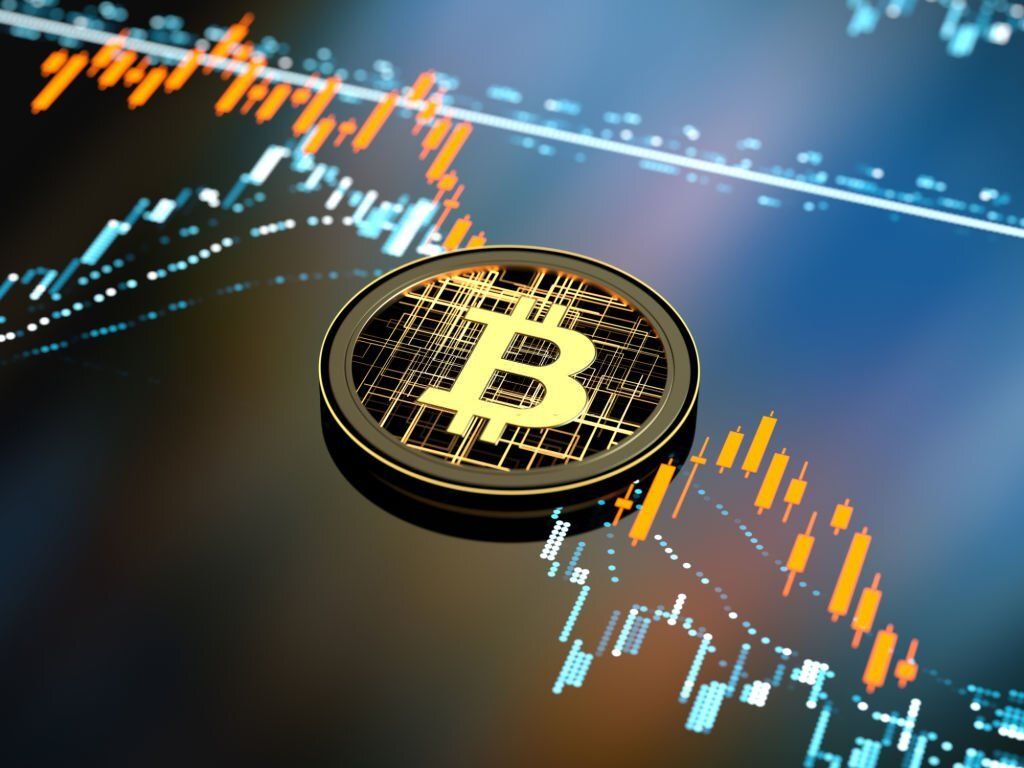
Dubai issues its first Crypto Law regulating Virtual Assets
While we witness the global inclination to regulate virtual currencies and assets, Dubai on 28th February 2022 issued Law No. 4 of 2022 (“VAL“) which aims to govern and regulate the virtual assets in the Emirate of Dubai. This law aims to position Dubai and the United Arab Emirates (“UAE“) as a prominent global player in the future design of virtual assets. Effective 11th March 2022, the law seeks to create a legal framework for the protection of investors and governance of businesses involved in the trade and transaction of virtual assets, covering fungible tokens such as cryptocurrencies as well as the Non-Fungible Tokens (“NFTs“).
Some key features and important developments are discussed below:
A. Broad definition granted to “digital assets”
The VAL generally defines virtual assets as “a digital representation of the value that can be digitally traded or transferred or used as an instrument for exchange, payment or investment purposes”. This entails coins, tokens, and any other virtual asset identified by VARA (as defined below). Going by the definition, any asset which digitally represents value and is tradable virtually or even is used as a mode of payment will be categorized as a digital asset. Quite evidently, the legislators have taken into consideration all present-day use cases of fungible and non-fungible tokens to keep the legislative intent as broad as possible.
B. Establishment of Regulator and the Jurisdictional ambit
The VAL creates Dubai Virtual Assets Regulatory Authority (“VARA“), an autonomous regulatory body housed within the Dubai World Trade Centre (“DWTC”). VARA is expected to work in collaboration with UAE Central Bank and Securities and Commodities Authorities in the UAE and deliver upon full-range of services including without limitation, developing the general policy and strategic plans relating to the regulation of the virtual asset services, licensing and regulation of entities conducting activities in the virtual asset space, regulating and supervising the issuance and offering of virtual assets and tokens, prescribing regulations regarding personal data protection and KYC/AML among others.
With the exception of the Dubai International Financial Centre (“DIFC”), VARA is tasked to approve activities involving virtual assets in Dubai (including all free zones and special development areas). The Dubai International Financial Centre (“DIFC“), a well-known financial services free zone, is independently governed by the Dubai Financial Services Authority (“DFSA”), which has its own regulatory framework for virtual assets.
C. Regulated Activities
VAL provides an exhaustive list of activities which require prior authorization and permit from the VARA. As a business/individual, you will be expected to seek prior approval and permit from VARA if you are engaged in the following activities:
- virtual asset platform operation and management services;
- settlement and custody procedures services;
- exchange between virtual assets and currencies (both domestic and foreign), and tween one or more forms of virtual assets;
- virtual assets transfer services;
- virtual asset custody, settlement, management, or control services;
- services related to virtual asset wallets; and
- offering and trading in virtual tokens.
It is relevant to note that permit for any activity stated above is a non-assignable and exclusive permit and may not be assigned by the permit holder without seeking a prior relevant approval from VARA. Notably, the VAL does not impose any explicit obligations for permits or regulations on individuals who engage in or trade crypto assets in Dubai, nor does it apply to virtual asset service providers operating outside of Dubai.
D. Violations and Administrative Penalties
The Board of Directors at DWTC will issue a resolution detailing the acts that constitute a violation of VAL and the resolutions enacted pursuant to its application. In addition, it is also stipulated that there shall be an implication of fines imposed on violators. VARA may additionally take any of the following actions against an offender, in addition to a fine:
- Suspension of the Permit for no longer than six (6) months; or
- Revoking the Permit and working with the appropriate commercial licensing authorities of the Emirate to cancel the commercial license.
Conclusion
The VAL symbolizes Dubai’s aim to become the leading jurisdiction in the sector of virtual assets such as cryptocurrencies and NFTs. With the introduction of the VAL, Dubai becomes one of the few jurisdictions that have created a legislative framework governing virtual assets. In conclusion, the implementation of the Virtual Asset Law is a positive step toward the ambition of the UAE to become the global hub for digital assets and blockchain technology, which even gets better with special measures for investor protection and general awareness included in the law.
If you have any questions or concerns about the impact of the first Crypto Law regulating Virtual Assets in Dubai on your business, don’t hesitate to contact the expert team of UAE business lawyers! Our attorneys can provide the guidance and support you need to understand and comply with this new legislation. Schedule a consultation today and get the information you need to make better decisions




